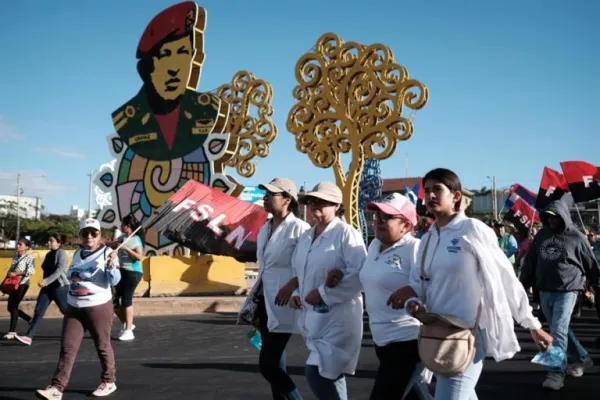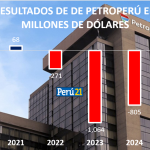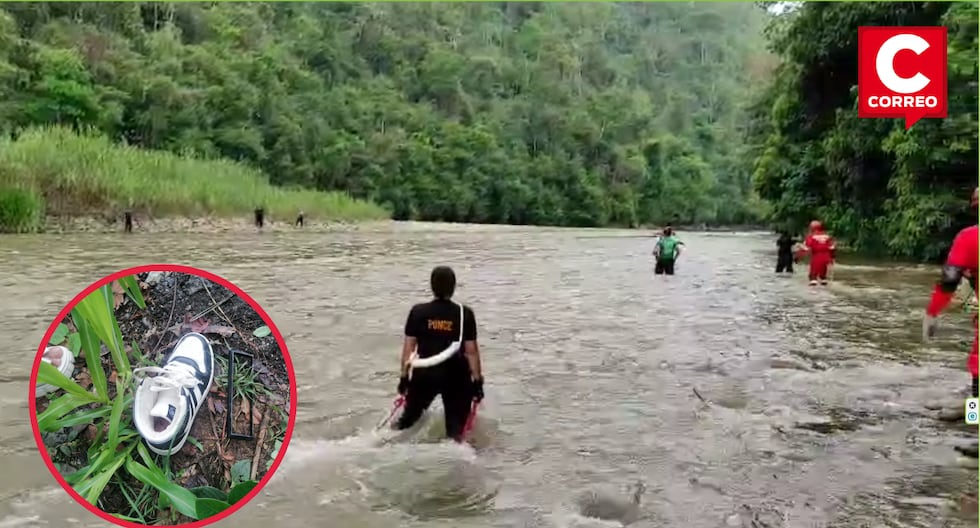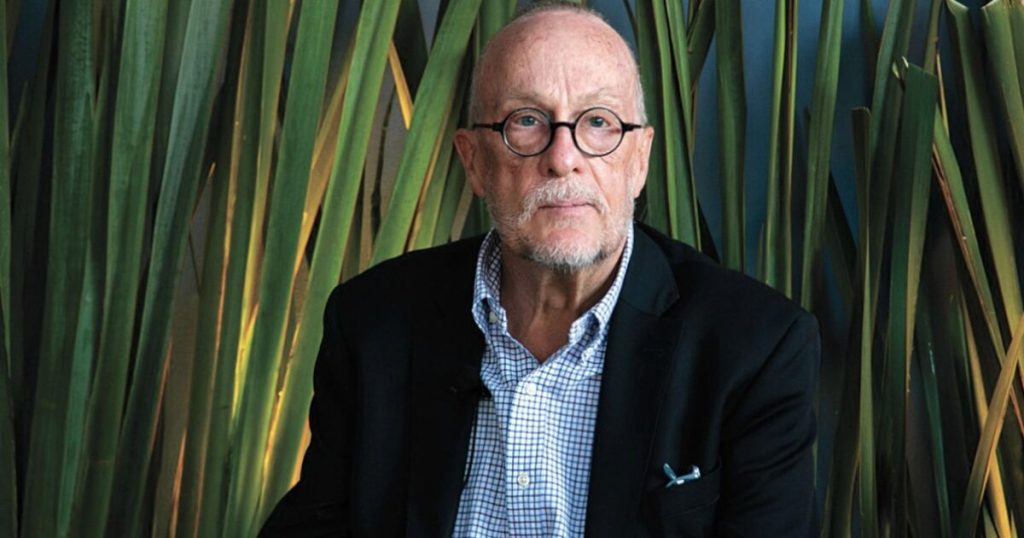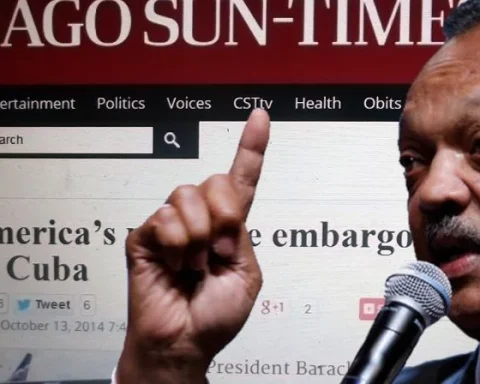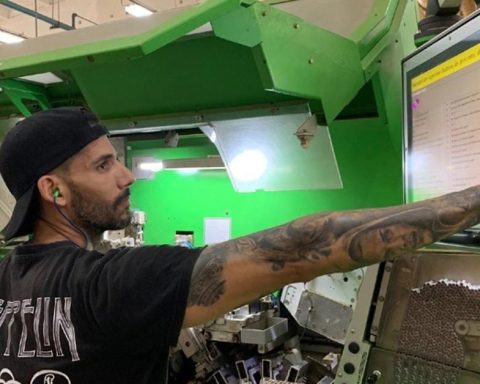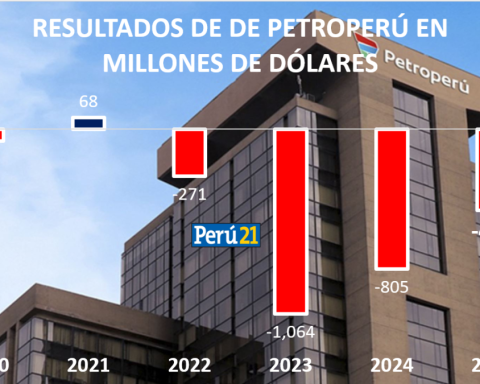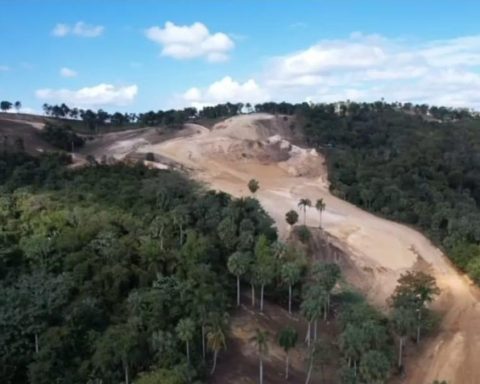«María», 58 years old, in December 2020 was diagnosed with Covid-19 in a hospital in the capital of the Ministry of Health (Minsa) of Nicaragua. However, she was not tested and was only sent home under “responsible and careful monitoring.” Almost four years later since what he considers “a bad diagnosis,” he decided to tell his experience to Article 66 “to see if it doesn’t happen again.”
«I remember that time I went to the doctor because I couldn’t stand it. They asked me the symptoms and I told them I had fever, headache, body ache. I felt weak, my hunger went away, I couldn’t get out of bed and without taking tests they told me it could be Covid-19. “They sent me to isolate myself at home and they gave me those horse pills (Ivermectin),” said “Maria.”
Related news: What happened to covid four years later? Is it now a normal disease?
The woman, who sells vegetables in the capital’s neighborhoods, claims that she spent five days isolated in a “back” room of her house.
«It is a room of zinc sheets, hot during the day, it is an oven, but I was there without being able to go out for almost a week. I became dehydrated, the pain didn’t stop, those pills they told me to drink made me nauseous, and the neighbors discriminated against me because they all thought it was true that I had Covid,” María recalled.
“How did it wake up?, the Minsa’s favorite question”
The citizen assures that although she followed the Minsa treatment to the letter, she isolated herself from her family, wore a mask and no other member of the home became ill, her health did not improve.
«My mother, who is already 75 years old, saw that I was so bad that the poor thing no longer knew what to do. He spoke to several friends, told them that I was sick, until he found an angel, because that’s what we believe, that it was an angel, because I couldn’t get up, but I hadn’t lost my taste or smell, and those pills They didn’t do anything to me, so that angel recommended us to a doctor, who charged a lot, but his diagnosis was effective, with the first dose of the medicine he sent I was already better,” said “María.”
Blood, urine and plaque tests were performed on the woman to verify the condition of her lungs, since she did not present any signs of respiratory difficulty, unlike what is usual in patients with covid-19, and this, she confirmed « María”, confirmed to the private doctor that it was a kidney infection that she fought with injections.
“María” affirms that, even if she had had covid-19, the Minsa did not give her good “follow-up”, “responsible and careful” like the one they continue to boast about through official propaganda.
She explained that that week, in which she falsely thought she had Covid-19, the officials who came to visit her did not even enter her home, from outside they asked: How are you? and many times, angrily, she responded that it was the same, scolding them about what else they would give her to improve her health.
«Once my mother treated them because they only knew how to ask me how I was, as if they didn’t look at me still lying on a bed, they hardly came in, they didn’t even take my blood pressure, except for the more recent thing they do now, which is taking the blood pressure. oxygen level in the blood, nothing, they did none of that, they just tried not to stop, but they didn’t do anything, maybe it was just to see if I hadn’t died,” said “María.”
Related news: Minsa without clarifying epidemiological surveillance in the face of the international alert for monkeypox
Since the beginning of the covid-19 pandemic in Nicaragua, in March 2020, Ortega’s management left much to be desired and was widely criticized nationally and internationally. In April 2020, a few weeks after the official start of the pandemic in Nicaragua, Human Rights Watch noted that government policies in Nicaragua “blatantly contradicted the advice of global health specialists and put the health and lives of people at risk.” the Nicaraguans”, remembering at that time that the Ortega party had not taken measures to avoid crowds and had not presented a plan to address said health emergency.
“While the world faces the most serious pandemic of the last century, President (Daniel) Ortega has not appeared publicly and his government acts recklessly, avoiding adopting the basic prevention measures recommended by public health experts,” highlighted José Miguel. Vivanco, director for the Americas of Human Rights Watch at the time.
From March 2020 to September 24 of this year, according to the latest Minsa report, in Nicaragua “16,199 people have been assisted and followed up responsibly and carefully.” In the last week, from September 17 to 24, the health authorities, as usual, only reported one confirmed case of covid-19, which they indicated that they have “responsibly and carefully attended to and followed up.”
